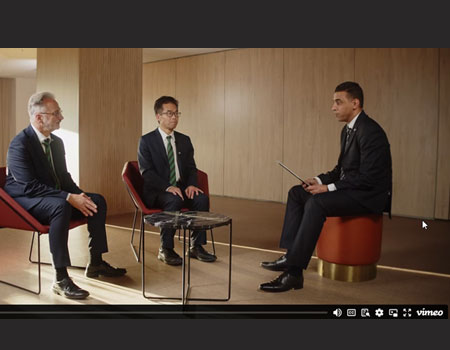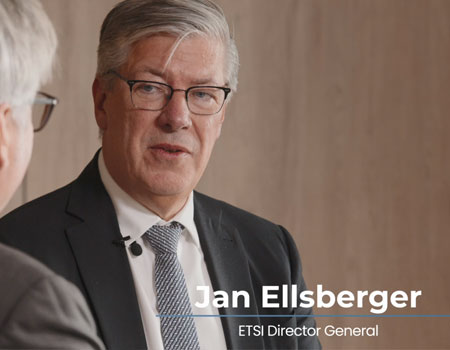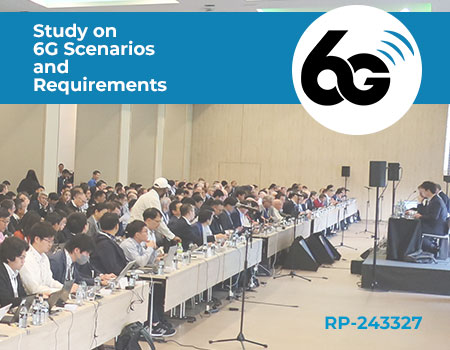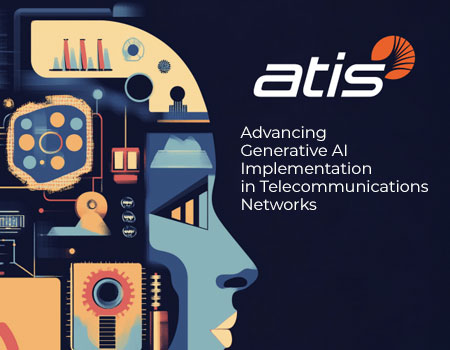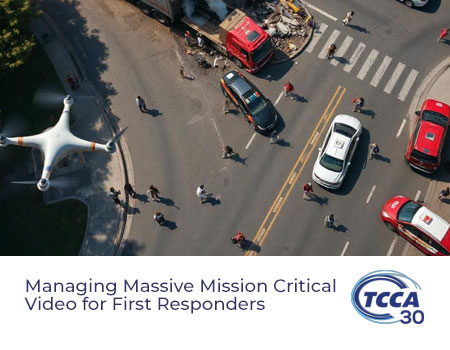Government Ministries, Regulators and the Critical Communications industry gathered in Melbourne today, to hear presentations from the 3GPP and TCCA leadership covering some of the major topics worked on here in Melbourne last week - during the 3GPP Plenary meetings (TSGs#105).
Puneet Jain, TSG SA Chair presented the latest 3GPP release timelines and looked at some of the key drivers for 6G, including many of direct interest to the Critical Communications sector. He observed that now is the right time to engage with 3GPP, telling participants “Consensus building outside of 3GPP can really help us to focus clearly on your supported priorities for the next release.”
Kevin Graham, TCCA CEO also highlighted the need for finding consensus on the prioritization of features. He called for actors to resist the temptation to go-it-alone, he said “Our industry needs to get involved at the standards level. If we want features for our space, we need to follow their progress through all stages of the 3GPP process.”
Jan Ellsberger, ETSI Director General, outlined the work of ETSI on a variety of areas related to Critical Communications - including standards, interoperability testing and technical conferences. He gave his vision on how ETSI will evolve as a standards organization - expanding its scope into new ICT areas, including AI, Data, Quantum Computing, Sustainability and Cybersecurity.
Peter Schmitt, the TSG CT Chair told the audience about the previous week’s TSGs#105 meetings, which brought over 600 delegates to Melbourne. His update included details of Rel-19 progress, with a look at some key topics in the latest 3GPP Release.
James Pickens, of the New South Wales Telco Authority (NSWTA) introduced their workstreams for future PSMB (Public safety mobile broadband) and showed how a national ‘All States’ model is bringing solutions for first responders, connected vehicles and for data handling via control centres. He told participants that LMR, WiFi and LTE connectivity will all be used for emergency services in a variety of scenarios. He identified that one of the key challenges is to make sure these connected technologies work well together - from the start.
Atle Monrad, Chair of WG SA6, introduced Mission Critical and Application Enablement progress from his group. “Some features from 3GPP are easily end-user identified, but others provide the best way forward more generally. Both are equally important for future deployments.”
Tero Pesonen, Chair of the TCCA Broadband group said “The great thing about TETRA or P25 narrowband technology is their stability, but the less good thing is also its stability and slow evolution. We need to jump aboard the new capabilities provided by 3GPP systems, taking part as active members in the groups.”
Over 50 attendees came to the Melbourne Exhibition Centre for a day of presentations that have included a call-to-action to industry in Australia to become a voice in standards at an important moment, as 5G-Advanced forms the bridge to future 6G systems that will support critical communications beyond 2030.
Further reading
Links to the ETSI and 3GPP presentations:
| Title | Speaker |
| ETSI's Key-Note Address | Jan Ellsberger, Director General ETSI, 3GPP PCG Vice-Chair |
| 3GPP Standardization status | Peter Schmitt, 3GPP TSG CT Chair - Core Network and Terminals |
| 3GPP 5G Status & 6G planning | Puneet Jain, 3GPP TSG SA Chair - Service and System Aspects |
| Application layer architecture and Mission Critical systems | Atle Monrad, TSG SA WG6 Chair |
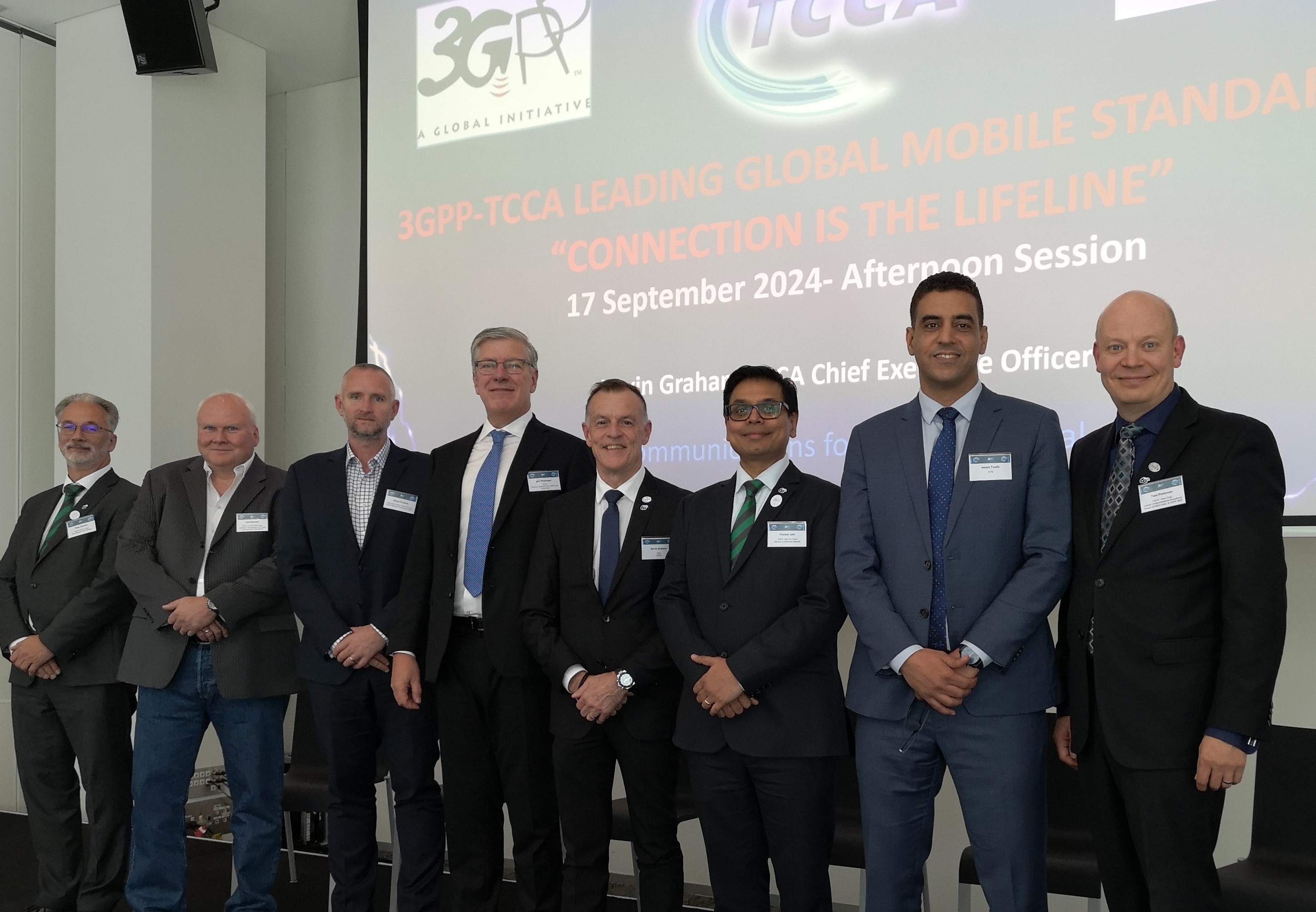

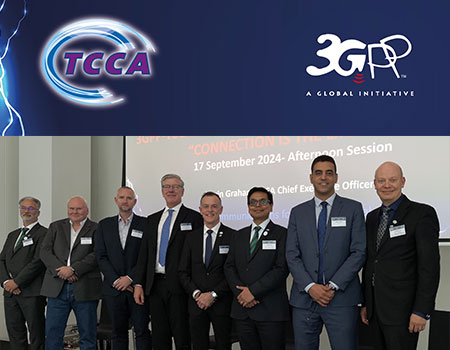
 3GPP News
3GPP News